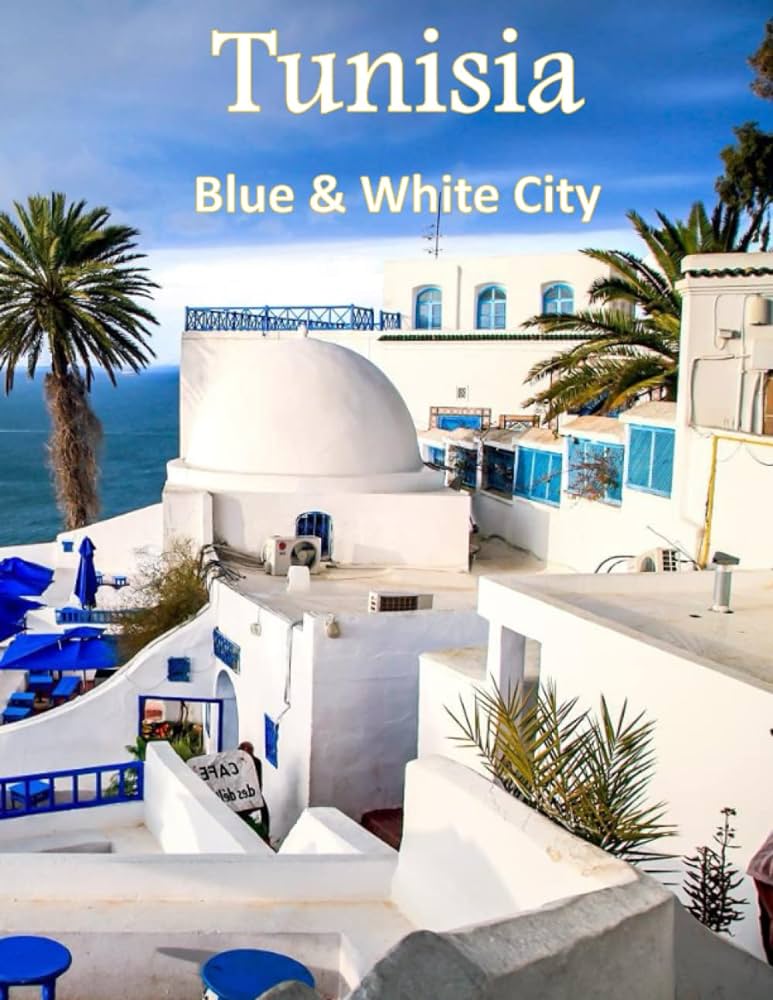Exporting PVC Compounds and PVC Stabilizers from Iran to Tunisia: Opportunities and Benefits

Tunisia
The export of PVC compounds and PVC stabilizers from Iran to Tunisia presents a promising opportunity for both countries. Iran, with its robust PVC production capabilities, can meet the growing demand in Tunisia, driven by its expanding construction and automotive sectors. This article explores the potential benefits, market trends, and strategic advantages of this trade relationship.
Market Overview
Iran’s PVC Industry: Iran has a well-established PVC industry, with companies like khalijpolymer leading the market. The country’s PVC market has shown significant growth, moving towards a highly concentrated market structure. This growth is supported by Iran’s abundant raw materials and advanced manufacturing technologies.
Tunisia’s Demand for PVC: Tunisia’s PVC market is expected to grow significantly from 2020 to 2026, driven by increasing demand from various end-user industries. The construction and automotive sectors are the primary consumers of PVC products, utilizing them for their durability, cost-effectiveness, and versatility.
Benefits of Exporting from Iran to Tunisia
Economic Synergy: Exporting PVC compounds and stabilizers from Iran to Tunisia can create economic synergy. Iran can leverage its production capabilities to supply high-quality PVC products to Tunisia, supporting Tunisia’s industrial growth while boosting Iran’s export revenues.
Cost-Effectiveness: Iran’s competitive production costs make its PVC products more affordable. This cost advantage can be passed on to Tunisian industries, making their products more competitive in the market.
Quality and Standards: Iranian manufacturers, such as khalijpolymer, adhere to international quality standards. This ensures that the PVC compounds and stabilizers exported to Tunisia are of high quality, meeting the stringent requirements of various industries.
Strategic Location: The geographical proximity between Iran and Tunisia facilitates easier and more cost-effective logistics. This proximity reduces transportation costs and delivery times, enhancing the efficiency of the supply chain.
Market Trends and Opportunities
Construction Sector: The construction industry in Tunisia is a major consumer of PVC products. With ongoing infrastructure projects and urbanization, the demand for PVC pipes, fittings, and profiles is expected to rise. Iranian exporters can tap into this growing market by offering a range of PVC solutions tailored to the construction sector.
Automotive Industry: The automotive industry in Tunisia is also expanding, increasing the demand for PVC compounds used in vehicle interiors, wiring, and other components. By providing high-performance PVC stabilizers, Iranian exporters can support the production of durable and safe automotive parts.
Conclusion
The export of PVC compounds and PVC stabilizers from Iran to Tunisia holds significant potential for both countries. By capitalizing on Iran’s production strengths and Tunisia’s growing market demand, this trade relationship can foster economic growth and industrial development. With strategic planning and adherence to quality standards, Iranian exporters can establish a strong presence in the Tunisian market, contributing to the prosperity of both nations.
Khalijpolymer © – Iran
Click here more info
